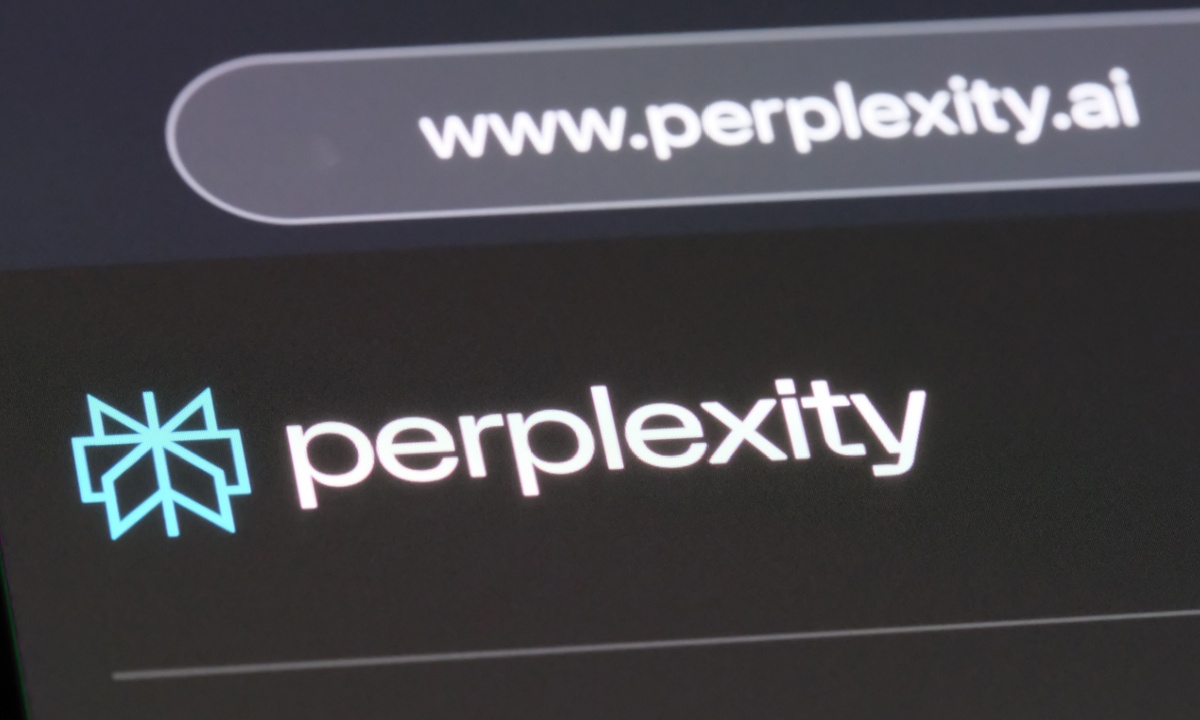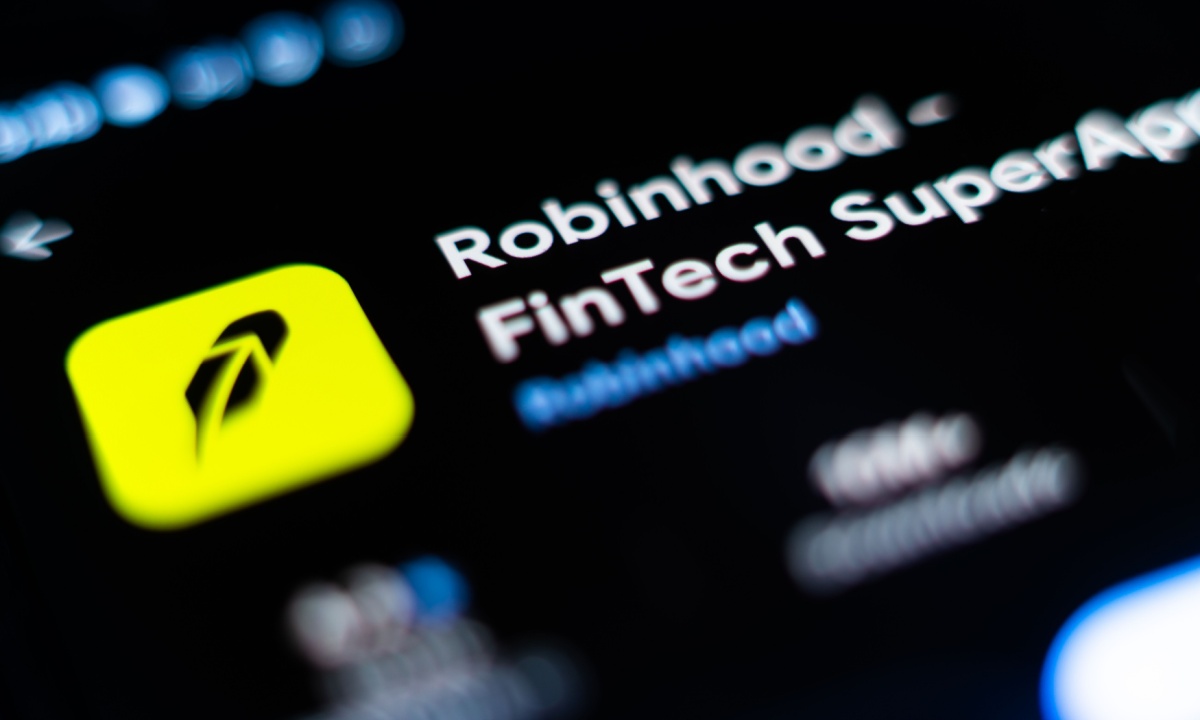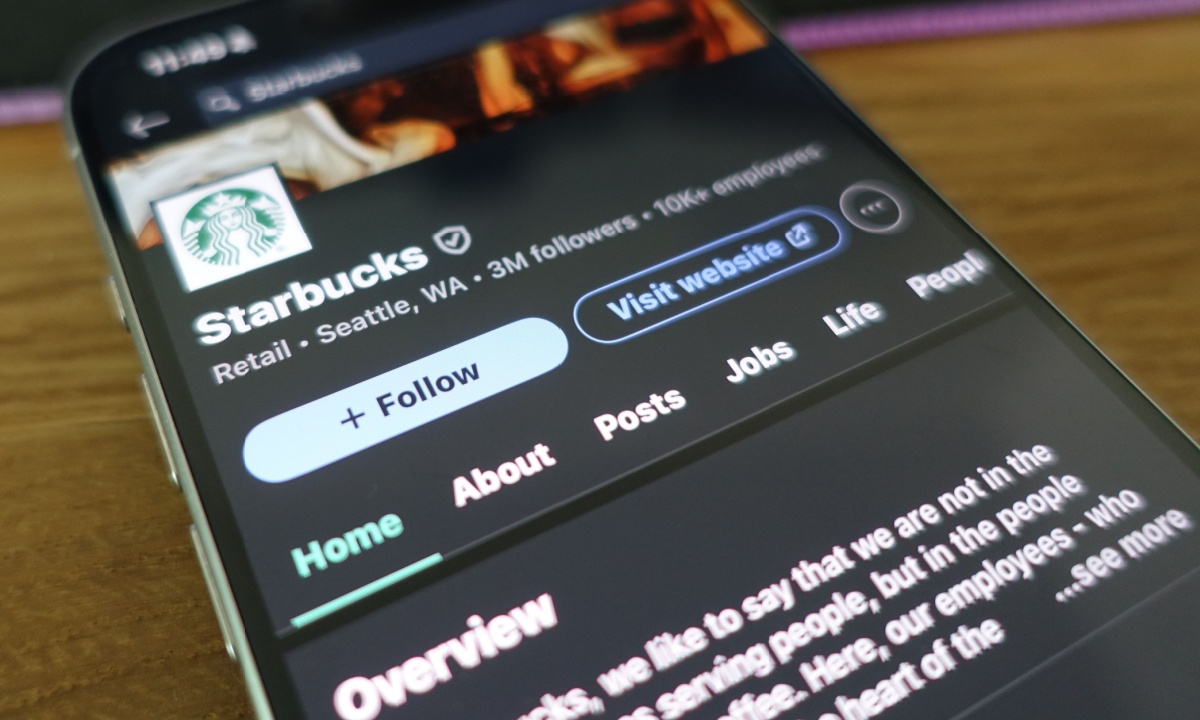The company’s Q2 2025 earnings showed a 45% year-over-year revenue surge to $989 million and a doubling of diluted earnings per share to $0.42.
“We delivered strong business results in Q2 driven by relentless product velocity, and we launched tokenization — which I believe is the biggest innovation our industry has seen in the past decade,” said Vlad Tenev, chairman and CEO of Robinhood.
“Q2 was another great quarter as we drove market share gains, closed the acquisition of Bitstamp and remained disciplined on expenses,” added Jason Warnick, CFO of Robinhood. “And Q3 is off to a great start in July, as customers accelerated their net deposits to around $6 billion and leaned in with strong trading across categories.”
The company ended the quarter with $279 billion in platform assets — up 99% year over year — and $13.8 billion in net deposits. Funded accounts reached 26.5 million, a 10% gain, and cash sweep balances rose 56% to $32.7 billion, reflecting deeper wallet share per customer.
Despite the strong earnings, Robinhood’s share price remained relatively flat in after-hours trading, as of reporting.
Read more: Wall Street Moves On-Chain as Tokenization of US Stocks Goes Global
Crypto Expansion Matures
For years, Robinhood’s crypto offering was primarily a retail gateway — an accessible on-ramp for users to dabble in bitcoin, ethereum, and other digital assets. In Q2 2025, however, the company demonstrated its ability to scale its crypto ambitions.
Revenues from crypto-related products climbed 98% year-over-year to $160 million, while total notional crypto trading volumes hit $35 billion.
Much of that surge can be attributed to the June acquisition of Bitstamp, a legacy exchange with deep roots in Europe and over 50 regulatory licenses across major jurisdictions. Notably, $7 billion in Q2 crypto volume came from Bitstamp alone, indicating rapid onboarding of its institutional client base.
With Bitstamp, Robinhood gains more than trading infrastructure — it secures compliance credibility, cross-border licensing, and a level of operational maturity essential for institutional trust. The deal allows Robinhood to fast-track services like crypto staking, which is now available to eligible U.S. users, and stock tokenization, which enables investors in Europe to trade over 200 U.S. equities in tokenized form.
Tenev stressed to investors that the Bitstamp acquisition “instantly globalizes our crypto footprint and bridges us to institutional demand in a way that’s hard to replicate organically.”
At the same time, historically dismissed by financial elites as a gamified millennial platform, Robinhood is making strides to rebrand itself as a serious contender in the institutional arena. The Bitstamp acquisition is only part of that story. The company is also in the process of acquiring WonderFi, a Canadian digital asset platform specializing in decentralized finance (DeFi) tools and tokenized asset services.
Infrastructure and Credibility
Set to close in the second half of 2025, the WonderFi deal is expected to expand Robinhood’s footprint in North America and deepen its capacity to offer programmable finance products.
Internally, Robinhood has begun to lay down institutional-grade infrastructure, including custody solutions, anti-money laundering and know-your-customer processes, and advanced trading engines. With Bitstamp’s regulatory muscle and WonderFi’s technology stack, Robinhood appears poised to rival firms like Coinbase or Galaxy in the lucrative middle ground between traditional finance and crypto-native platforms.
Beyond digital assets, Robinhood’s Q2 also demonstrated growth in core FinTech verticals — specifically those aimed at long-term customer lifetime value rather than one-off trades. Robinhood Gold, the company’s premium subscription offering, reached a record 3.5 million members, up 76% year-over-year. That growth has lifted average revenue per user to $151, a 34% annual increase.
Robinhood Banking, in internal beta, is slated for public rollout later this quarter. The product aims to bring private banking features — such as high-yield savings, estate planning, and net worth tracking — to the mass market.
Still, regulatory headwinds also loom large. Crypto staking and tokenization, two of Robinhood’s most promising innovations, face uncertain regulatory treatment in both the U.S. and Europe. SEC scrutiny of digital asset products, along with evolving interpretations of tokenized securities, could force strategic recalibrations.
“Tokenization will do for stocks what stablecoins did for fiat,” Tenev said.




 Fintech1 week ago
Fintech1 week ago
 Latest Tech News2 weeks ago
Latest Tech News2 weeks ago
 Cyber Security1 week ago
Cyber Security1 week ago
 Latest Tech News1 week ago
Latest Tech News1 week ago
 Artificial Intelligence2 weeks ago
Artificial Intelligence2 weeks ago
 Cyber Security1 week ago
Cyber Security1 week ago
 Latest Tech News6 days ago
Latest Tech News6 days ago
 Artificial Intelligence1 week ago
Artificial Intelligence1 week ago

















